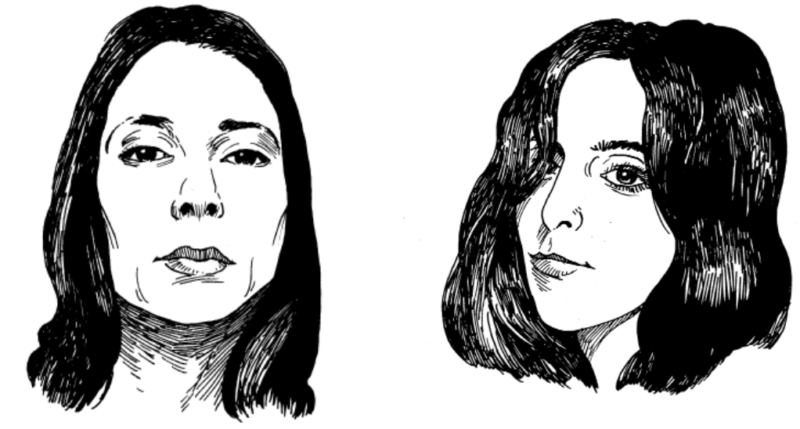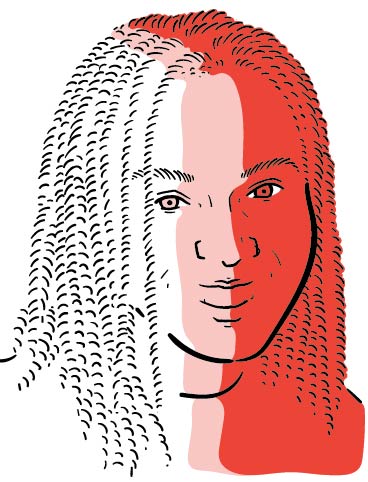It’s rare to get to talk to purveyors of a thing that doesn’t really exist. Like neo soul after it, dream pop (or shoegaze) is a somewhat vexing term used to describe a genre of music that lives in the hearts and minds of some fans, critics, and record-industry gatekeepers, but not necessarily in the heads of the “music makers and the dreamers of dreams,” to quote Willy Wonka. Laetitia Sadier, of Stereolab, and Victoria Legrand, of Beach House, are makers, dreamers, and intergenerational analogues in a continuum of acts that includes, depending on whom you read, George Harrison, Cocteau Twins, My Bloody Valentine, Julee Cruise, David Lynch, and Angelo Badalamenti. Dream pop is characterized by vaguely psychedelic instrumentation, experimentation, progressive musicianship, esoteric lyrics, and, based on some of the writing about the genre, either the sensation of incense circulating slowly into the air, or the feeling of being buoyed by a floatie in a wave pool. But then again, it’s also not these things, and for Sadier and Legrand, the terms are more or less just labels, and don’t matter much. Legrand and Sadier make smart, stylish indie pop that resists easy categorization.
Sadier, fifty-one, was born in France, but relocated to the US with her family for a few years during her childhood. In 1989 she moved to London, and a year later she formed Stereolab with Tim Gane. Known for their avant-garde sensibilities, Stereolab produced ten studio albums that have been hugely influential in contemporary music, inspiring artists like J Dilla, Pharrell, and Tyler, the Creator. Sadier’s four solo albums in particular have been praised for their surrealist and situationist bents. Monade, the solo project she began in the late ’90s, is a perfect outlet for the kind of psycho-political rapture her writing conveys. A song like “Tout en tout est un” (“Everything in Everything Is One”), from Monade’s third album, Monstre Cosmic (2008), is an elegant collage, and Sadier in essence: it contains doo-wop’s circular melodies, acid jazz’s in-the-pocket groove, electric wit, play. In 2009, Stereolab went on hiatus, but they are set to reunite for live performances this summer.
Legrand, thirty-eight, who was also born in France, formed Beach House with Alex Scally in 2004, after a stint in theater school. In response to the ways that her music is often perceived, she told The Guardian that her band is “loud” and “not abrasive” and “not soft.” Those might be good ways to describe her key-playing and songwriting, which often undercut the airy-fairy, overly whimsical associations with Beach House’s seven records. Their latest album, 7 (2018), is propulsive, lush, and...
You have reached your article limit
Sign up for a digital subscription and continue reading all new issues, plus our entire archives, for just $1.50/month.
Already a subscriber? Sign in






